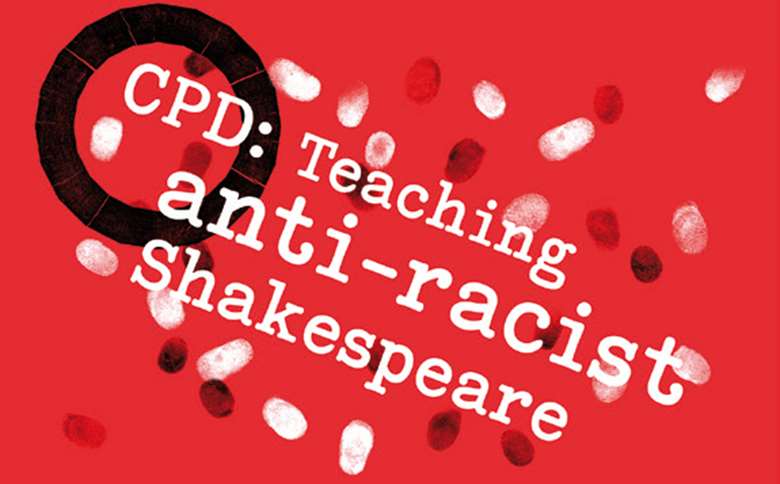CPD: Teaching Anti-Racist Shakespeare
Sarah Lambie
Monday, March 1, 2021
An important topic, usefully explored with valuable input from other teachers

Register now to continue reading
Register to the Drama & Theatre website today and gain access to all the latest news and developments from the world of drama education. By registering you will receive:
- Free access to 4 subscriber-only articles per month
- Unlimited access to news and opinion on our website

